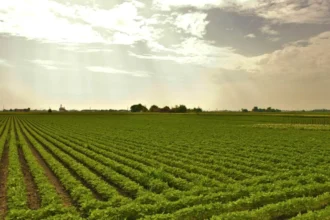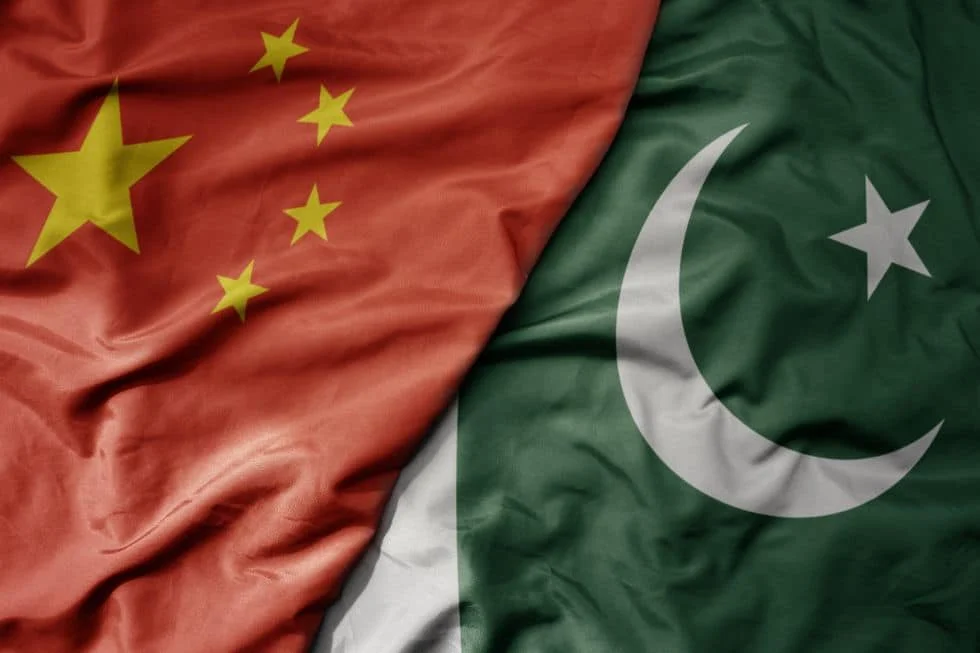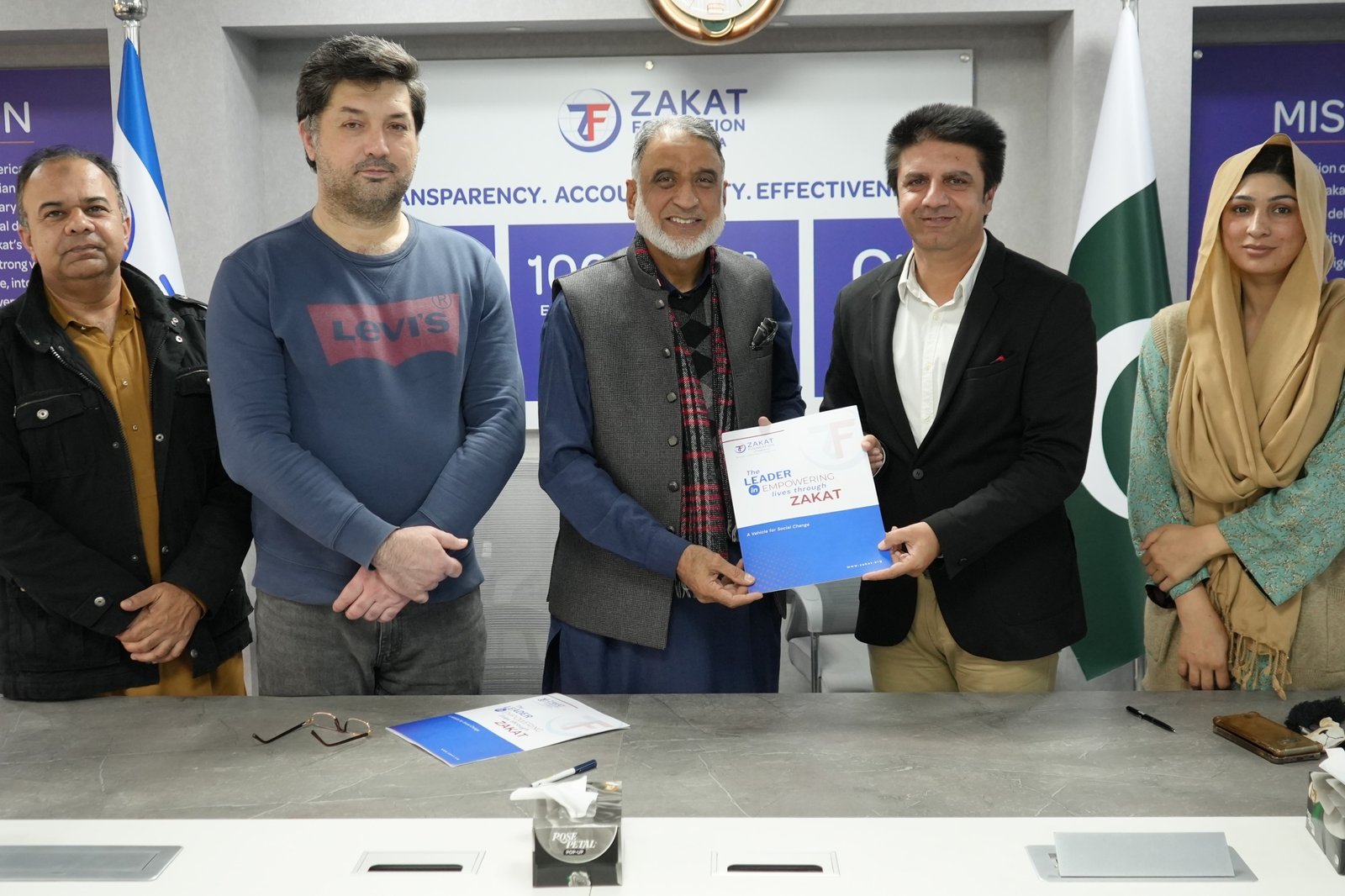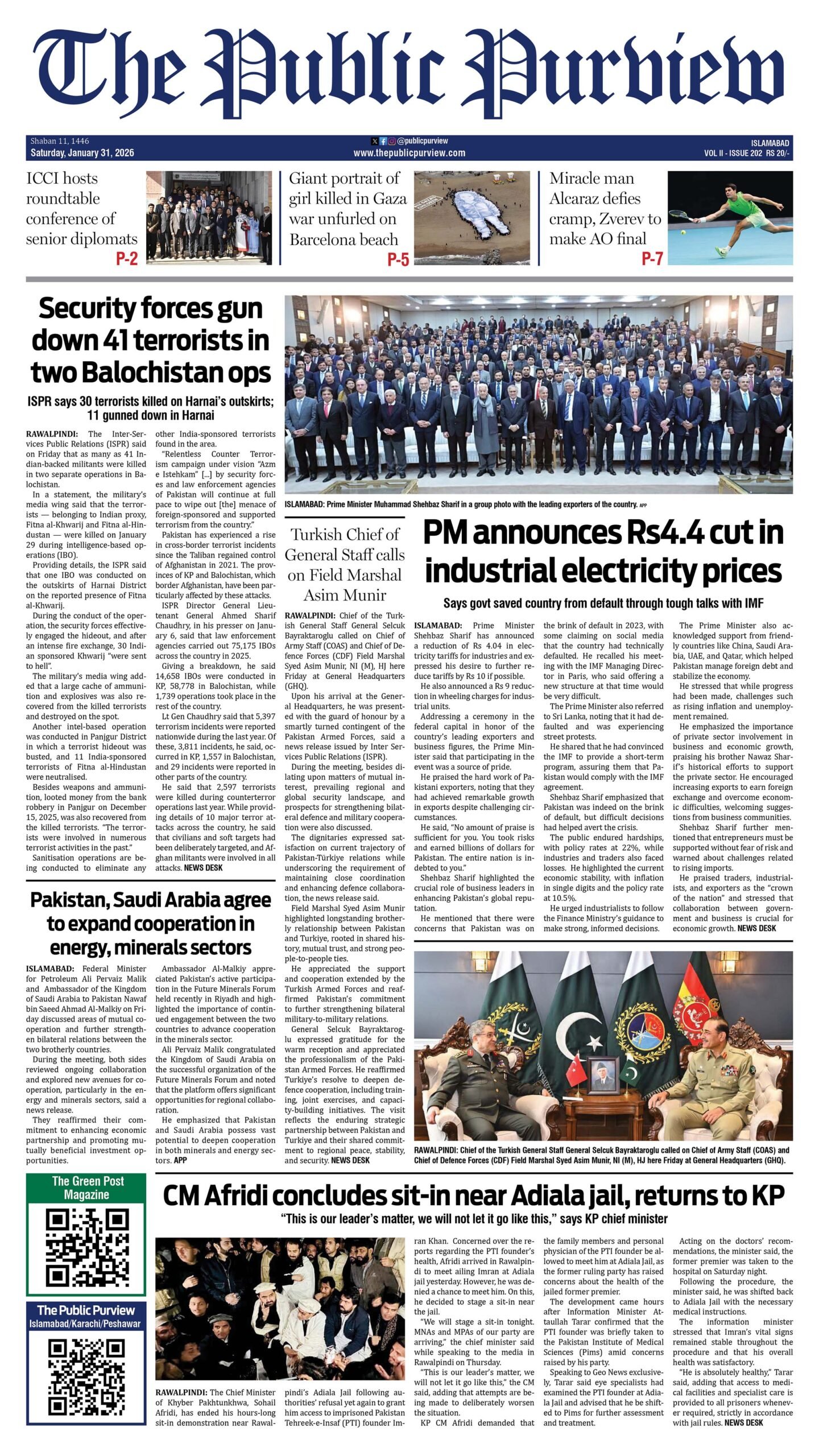Abdul Razak Khatti
Large-scale development projects backed by international institutions often devastate communities. One striking example is the Left Bank Outfall Drain (LBOD), which discharges saline water into the sea along the borders of Badin and Thatta. This project has harmed agriculture and ecosystems and even divided communities.
Previously, residents of these regions welcomed nomads from Thar Desert during droughts, fostering unity. However, two years ago, this spirit of cooperation shattered as residents protested against each other. Political leaders from the ruling Pakistan People’s Party (PPP) took opposing sides, further fueling the conflict. After a month-long struggle to drain floodwaters, communities returned home, only to face court cases related to violent protests.
I have seen many such disasters throughout my journalism career, but in-depth stories like these rarely make headlines. The 1999 cyclone devastated Badin and Thatta, flattening villages and leaving many missing. Philanthropists provided relief, but some moments remain unforgettable—like a man wrapping a torn flour sack in his loincloth to prevent spillage, prioritizing food over dignity.
The LBOD’s flaws became apparent during the 2003 floods, which damaged coastal areas and exposed the shortcomings of the World Bank-funded project. It blocked natural water flows, harming agriculture and aquatic ecosystems. Despite community complaints, no significant action was taken. The World Bank’s Inspection Panel acknowledged design flaws in 2006 but offered no meaningful relief.
Local activist Khadim Talpur explained that people first sought the World Bank’s help after the 2003 disaster. “Although the panel engaged with us and submitted recommendations, we received no real assistance,” he said. Talpur added that the 2022 protests marked a shift—people protested not against the government but against each other, creating a perfect opportunity for the authorities to hide governance failures.
The LBOD, planned in the 1970s, aimed to drain saltwater from four districts, but poor design and corruption derailed the project. Aziz Dero, a former deputy district Nazim of Badin, highlighted how blocked water flows ruined farmland. “Sugar mills and factories continue dumping industrial waste into the drain, worsening soil degradation,” Dero noted.
Another overlooked issue was the Indo-Pak water conflict. The LBOD empties into Shakoor Lake, straddling both countries. When India restricts water inflows, saltwater backs into Pakistan, destroying fertile fields.
The 2022 monsoon floods further revealed the project’s failures. Communities once united against disasters now clashed. Haroon Gopang, a KTN TV reporter, described the conflict: residents of Tando Bago demanded a breach at RD-211 to release floodwaters, while Thar leaders opposed it, fearing damage to infrastructure. Protests lasted six days, leading to criminal charges against 80 individuals, with 30 still facing court hearings.
Muhammad Latif Rahemoon, from Kundrri near Shakoor Lake, lamented how saltwater had turned once-fertile lands barren. “We used to call this area Vilaso—green and thriving. Now it’s barren,” he said, describing how unchecked waste has spread across villages.
According to Hussain Jarwar, CEO of the Indus Consortium, the LBOD’s designers failed by not consulting local communities. “The project blocked natural water routes and ignored disaster risk reduction principles,” Jarwar stated. “Without redesign, it will continue harming Badin’s economy, creating disasters, and fostering conflicts.”
The regulator at RD-211, with eleven gates, offers little relief. Climate change is intensifying rainfall, and the LBOD’s 4,500-cusec capacity is inadequate. The core issue remains: Did engineers foresee that 35 years later, the project would devastate agriculture and divide communities? Instead of holding those responsible accountable, the burden has fallen on locals now pitted against each other.
It’s time to reflect on the LBOD’s lessons and work toward restoring both nature and harmony among these communities.
The Author is a senior journalist in Islamabad who focuses on environmental and parliamentary issues.






 Today's E-Paper
Today's E-Paper